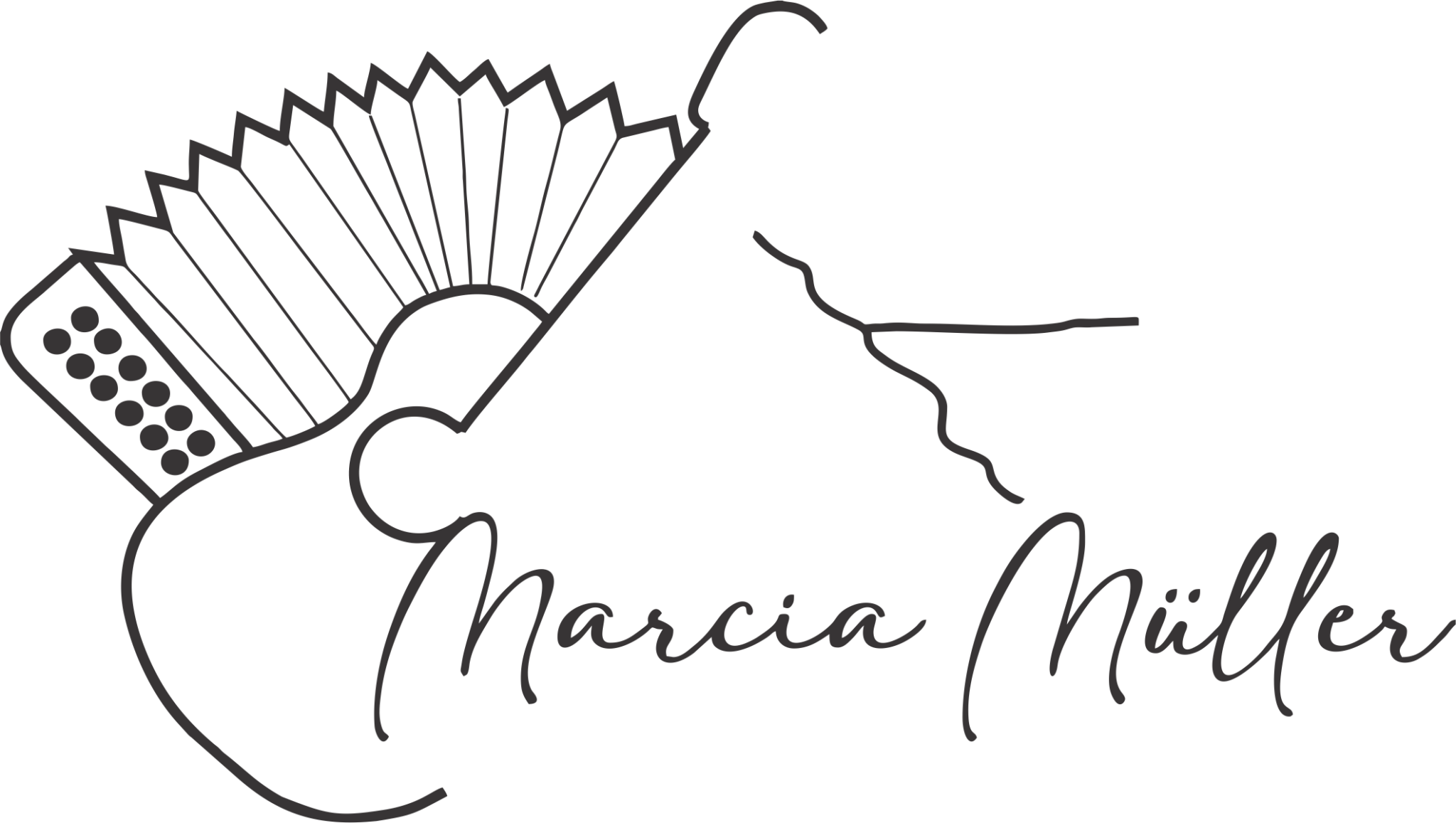The recovery journey is long and does not end once you complete treatment. When clients leave their inpatient program and move to a sober living facility or return home, it is an especially vulnerable time in their recovery. Individuals often face new challenges as they adjust to a newly sober lifestyle. We provide a relapse prevention program to help people avoid relapses in the early stages of their recovery journey. At Rise Above Treatment, our trained staff works with clients to create a relapse prevention plan to help them succeed in their recovery.
- Addiction Resource is not a healthcare provider, nor does it claim to offer sound medical advice to anyone.
- In the ‘Then’ column, pair each trigger with a response, such as leave early, call a sponsor or practise deep breathing.
Identifying Personal Triggers
You might find it easier to create an effective and comprehensive relapse prevention plan with the help of a professional. If you are currently engaging in therapeutic support, utilizing a sponsor, or attending meetings, you could discuss your plan in these settings. A therapist may be able to advise on specialist interventions and techniques that you can include.
- Creating and implementing a comprehensive relapse prevention plan is crucial for maintaining a recovery plan and preventing a return to substance use.
- Dr. Gordon Alan Marlatt, a University of Washington Psychology professor, founded this relapse model centered around high-risk situations.
- Use this relapse prevention plan template to create your own personalised management tool.
- During emotional relapse, individuals are not actively thinking about using substances, but their emotions and behaviors are setting them up for potential relapse.
- High-risk situations are specific circumstances in which the likelihood of relapse is heightened.
Building and Maintaining Support Networks
Relapse can occur very soon after attempting sobriety, or after several years of sustained sobriety. We’re Recovery Unplugged, a behavioral health initiative bringing effective treatment right to your home. Because if there’s one thing more haunting than millions of addiction deaths, it’s knowing they’re preventable. There are a million different opinions online, but when it comes to your life, health and wellness only peer reviewed relapse prevention plan reputable data matters.
Effective Coping Mechanisms and Goal-Setting Strategies
Overall, this knowledge empowers individuals to establish healthy coping mechanisms and enhances their confidence in maintaining sobriety. Your relapse prevention plan is more than just a safety net—it’s a roadmap to the life you want to create in recovery. Creating a relapse prevention plan is a proactive step in ensuring sustained recovery from substance use or mental health challenges. The process requires commitment and ongoing adaptation, but with the right strategies, individuals can confidently progress on their journey towards lasting sobriety.

Instead of trying to eliminate discomfort, ACT teaches you how to move forward even when things feel challenging. By Geralyn Dexter, PhD, LMHCDexter has a doctorate in psychology and is a licensed mental health counselor with a focus on suicidal ideation, self-harm, and mood disorders. It can bring on feelings of shame, frustration, and often cause someone to feel as if they are incapable of changing their behavior or achieving their goals. When cravings feel overwhelming or a lapse has occurred, having an actionable crisis plan can help you regain control and protect your recovery. Relapse often begins with subtle shifts in thoughts, feelings, or behaviors. You might start thinking more about substances, romanticizing past use, or downplaying the risks.
Personal Goals
It involves recognizing people, places, or Substance abuse activities that may tempt you to engage in substance abuse or unhealthy behaviors. By identifying these triggers, you can create strategies to avoid or manage them effectively. If you’re ready to take the next step in your recovery journey or need support in developing or updating your relapse prevention plan, we’re here to help. Contact Grata House today to learn more about our comprehensive addiction treatment programs and discover how our trauma-informed approach can support your long-term recovery success. Addiction recovery is a lifelong journey that requires dedication, support, and most importantly, a well-structured relapse prevention plan.
Private outpatient treatment

In the ‘If’ column, list out all the triggers you can think of, such as social events, arguments or feelings of loneliness. In the ‘Then’ column, pair each trigger with a response, such as leave early, call a sponsor or practise deep breathing. Be specific in this section about who to call in which situation and how often you think you should be attending meetings or contacting your sponsor.
- Addiction recovery can be a challenging process and involves more than just abstaining from substances.
- Don’t hesitate to reach out by calling our helpline or filling out our contact form if you need help finding the right rehab center or detox program.
- Regular assessment and adjustment of these goals as needed ensures progress is maintained and setbacks are minimized.
- Programs like Recovery Unplugged can assist individuals in rebounding from relapse and working toward long-term recovery.
- Smart goals motivate people with clear intentions related directly to the desired outcome they crave.
- Since they’ve likely been in your shoes, they may have some insight and suggestions.
Addiction Treatment Programs
Emotional support involves having someone who can listen to you https://paulkiruiphotography.pa-desk.com/how-to-pass-an-alcohol-urine-test-for-probation-2/ without judgment, offer empathy, and provide encouragement. Practical support may involve individuals who can assist with daily tasks or help you navigate specific challenges related to your recovery. Informational support can come from professionals or peers who can provide you with valuable resources, advice, or information about recovery.
